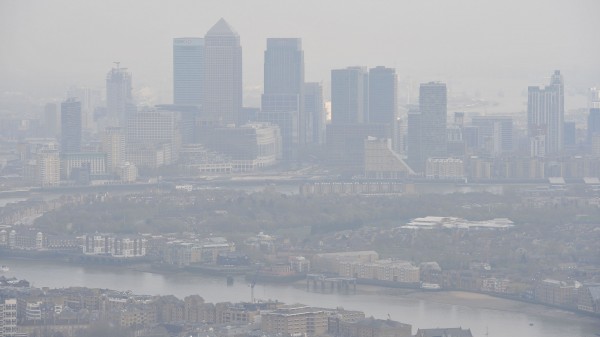UK will miss CO2 reduction targets if demonisation of diesel continues, experts say
Vehicle data experts at CAP HPI have warned that if sales of new diesel cars continue to decline, the UK’s 2021 emission target is “unachievable”

The UK could miss its 2021 emission targets set by the European Union, if the clampdown on diesel vehicles continues, vehicle data expert have warned.
CAP HPI, which recently authored a new report to look at the issues around diesel, says there is a ‘real danger’ environmental targets could be missed if the number of diesel vehicles continues to decline on UK roads.
The document also blasts some of the ‘misguided’ environmental criticism launched at the fuel.
This comes after figures released last week by the Society of Motor Manufacturers and Traders revealed diesel sales slumped by 17.1 per cent in 2017.
Automotive expert Professor David Bailey, of Aston University, said he believed diesels could face another double-digit slump in 2018 as environmental pressures and consumer confusion take their toll.
Now the report’s author Matt Freeman warns that without continuing sales of diesel engine cars, this target reduction is unachievable.
He said: “Hitting the 2021 environmental targets for CO2 reduction would be a significant challenge without the likely decline in diesel. Therefore it is imperative that diesels continue to command a substantial share of the new car marketplace.
“If consumers, with no option of transitioning to hybrid or EVs, switch to petrol the environmental impact is clear – their CO2 emissions would likely rise between three per cent and 23 per cent according to model.”

And CAP HPI predicts that even if every UK motorist wanted to change over to electric cars over the next few years, there is currently not sufficient manufacturing capacity in place for this to happen.
Furthermore, it added, there is not enough battery production capacity, although manufacturers are investing to address the gap.
A spokesman said: “Diesel engines remain a powertrain option and innovations which ensure they continue to offer high fuel economy, low CO2 and improvements to other emissions will be key.”

The report also argues that consumer education is needed as there is an apparent risk that motorists are being led to believe that ‘all diesel is bad’, and that any suggestion that there is a good diesel option is due to the automotive industry seeking to resist change and preserve the status quo.
This level of miscommunication needs to be countered if diesel is to have a short- to medium-term future, CAP HPI added.





